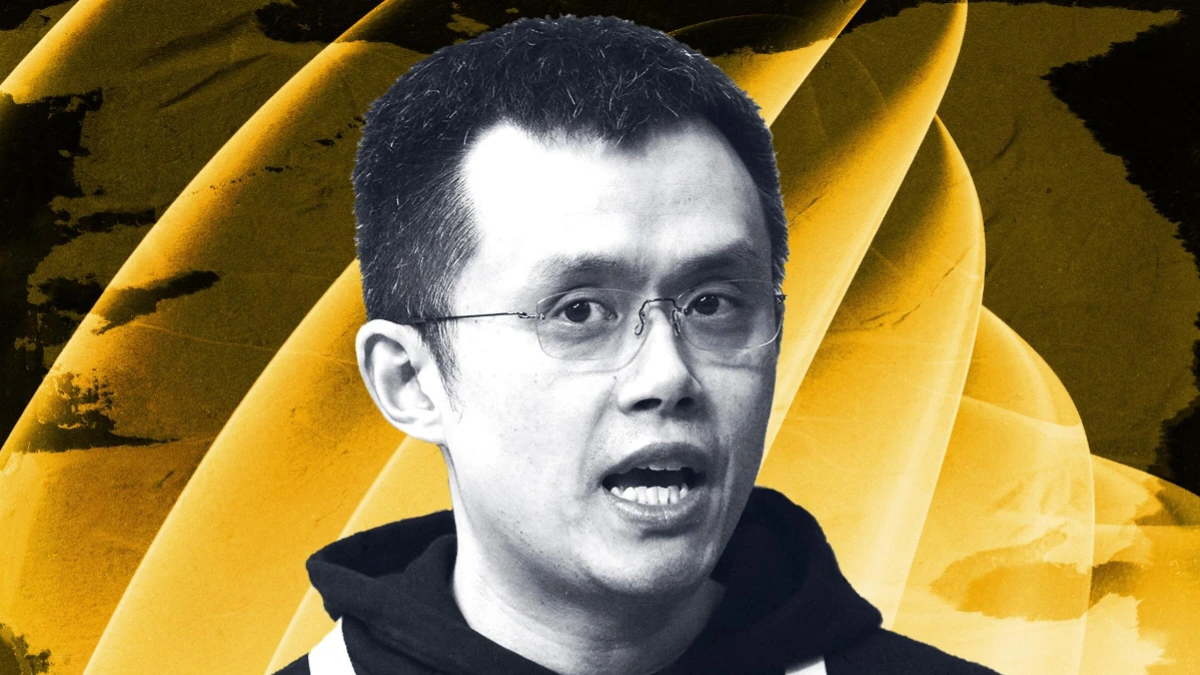WASHINGTON (TECHY QUANTUM) — US President Donald Trump has granted a full pardon to Changpeng Zhao, the billionaire chief executive and founder of Binance, the world’s largest cryptocurrency exchange, the White House confirmed Thursday.
The announcement marks one of the most consequential acts of clemency under Trump’s current administration and underscores his pivot toward a more crypto-friendly policy.
“President Trump has exercised his constitutional authority by issuing a pardon for Mr. Zhao, who was prosecuted by the Biden Administration in their war on cryptocurrency,” said press secretary Karoline Leavitt in an official statement.
Zhao, widely known as “CZ,” wrote on X that he was “deeply grateful for today’s pardon and to President Trump for upholding America’s commitment to fairness, innovation, and justice.”
Zhao, a Canadian citizen born in China, founded Binance in 2017 and grew it into a global crypto powerhouse. In 2023, he stepped down as CEO after pleading guilty to violating US anti money laundering laws.
Binance itself admitted to compliance failures and agreed to pay a record $4.3 billion fine. Zhao also paid a $50 million personal penalty and served four months in prison.
Despite his conviction, he retained ownership in Binance and continued to influence the exchange through his appointed leadership team.
Under the US Constitution, the president holds sweeping power to issue pardons and commutations for federal offenses. While such actions often come at the end of presidential terms.
Trump has shown a willingness to use this power early to signal policy direction. The Wall Street Journal first reported Zhao’s pardon early Thursday.
Policy experts said Trump’s decision to pardon the Binance CEO could reshape the future of cryptocurrency regulation in the United States.
“This pardon is a clear message to Silicon Valley and Wall Street that the Trump administration wants to be the global leader in digital finance,” said Emily Gardner, a senior fellow at the Digital Policy Institute.
But others cautioned that it might weaken law enforcement credibility. “Zhao’s prosecution was a landmark in crypto accountability,” said Anthony Delgado, a former Justice Department prosecutor.
“This pardon risks undermining years of regulatory progress toward financial transparency.” Administration officials defended the move, arguing that Zhao’s conviction reflected “political overreach” under President Biden’s tenure.
Zhao’s case is part of a broader trend of pardons involving cryptocurrency executives. Earlier this year, Trump pardoned the co-founders of BitMEX, who had pleaded guilty to anti money laundering violations, and commuted the sentence of Nikola founder Trevor Milton, convicted of fraud.
He also granted clemency to Ross Ulbricht, the creator of the Silk Road marketplace, who had been serving a life sentence.
According to Department of Justice data, Trump has issued more than twenty pardons since returning to office, with at least a quarter connected to technology or crypto cases.
Reactions from the cryptocurrency community were swift. “CZ’s leadership helped put crypto on the global map,” said Marcus Lee, a New York based blockchain investor. “This pardon could reignite innovation and bring confidence back to US crypto markets.”
Others, however, urged caution. “Pardoning Zhao sends a mixed message about accountability,” said Dana Ruiz, a financial ethics researcher at Stanford University. “Crypto still needs clear oversight, not political favor.”
Binance users worldwide celebrated the news. “We’ve been waiting for this moment,” said Rajesh Soni, a Canadian trader who has followed Zhao’s career since Binance’s founding. “CZ deserves another chance to lead the crypto revolution.”
The pardon may pave the way for Zhao’s formal return to Binance or the launch of new ventures in the US Analysts say the decision could accelerate Binance’s efforts to expand its American operations, which had been limited after legal settlements.
“Trump’s pardon of the Binance CEO could mark the beginning of a new era of regulatory leniency,” said Thomas Blake, a Georgetown University law professor. “Expect other crypto leaders to push for similar relief.”
While the Trump administration appears to welcome crypto growth, international regulators remain watchful. European and Asian financial watchdogs have signaled they will maintain strict oversight of Binance’s global operations.
President Trump’s decision to pardon Binance CEO Changpeng Zhao symbolizes a turning point in America’s approach to cryptocurrency.
To supporters, it reaffirms the country’s commitment to technological freedom and innovation. To critics, it risks weakening the legal foundations of financial oversight.
Either way, the move underscores the growing intersection of politics, technology, and finance and places the crypto industry once again at the center of the national conversation.
